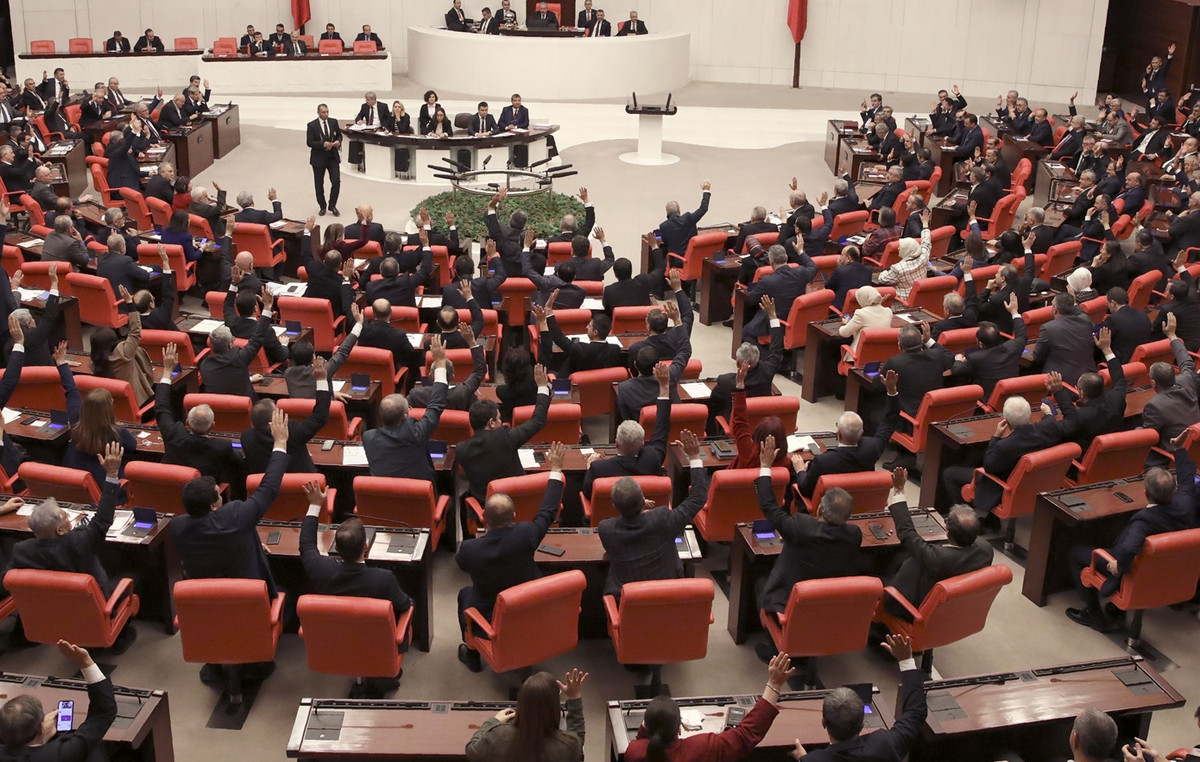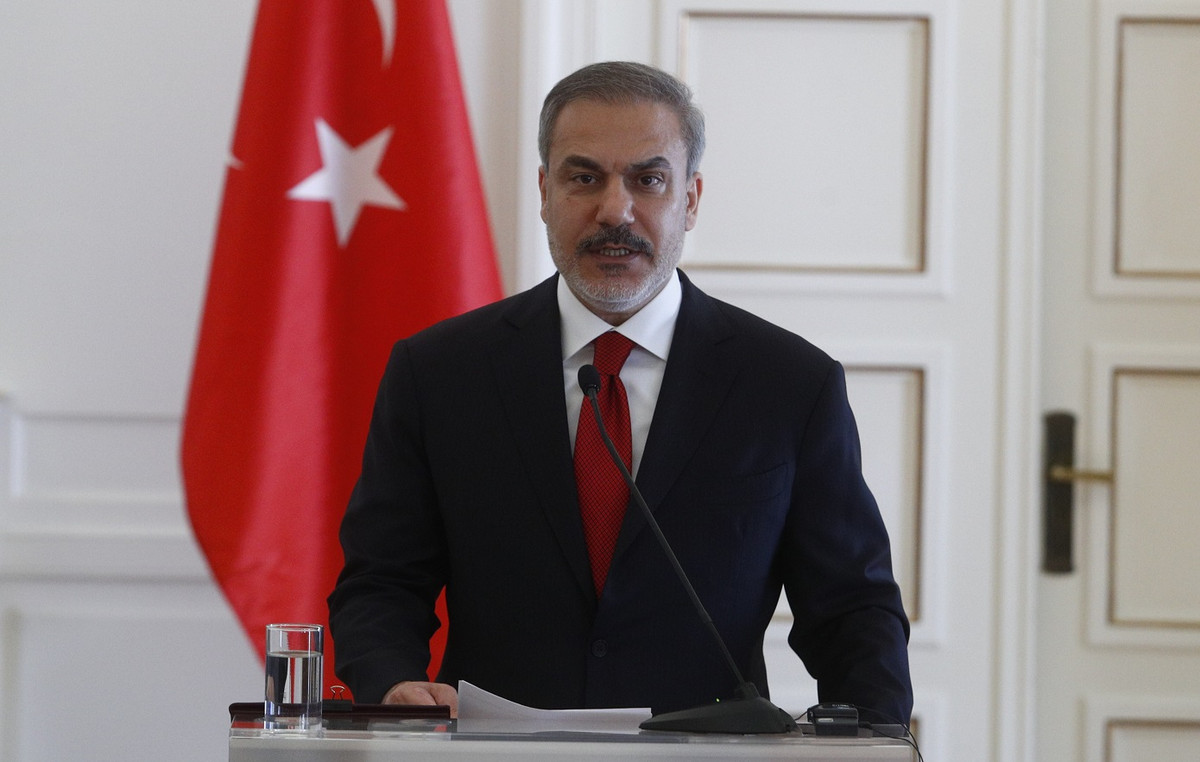The leaders of the 27 EU member states meet tonight in Porto for an informal summit on social welfare as a priority after two historic economic crises within a decade, which have increased poverty and undermined European cohesion, the APE reports.
Him November 2017 EU leaders have launched a social shift in Gothenburg, Sweden, to reconcile citizens with the European plan: Europe begins to blame austerity policies that plunged the continent back into recession after the 2008 financial crisis and fueled populism.
Following this meeting, EU leaders reached the “European Pillar of Social Rights”, which sets out 20 principles and rights of European citizens, such as the right to education, gender equality and equal opportunities, access to health care, job support.
In Porto, Portugal, European leaders will have to approve the action plan presented by the European Commission in early March.
This sets three goals for 2030: raising the employment rate to 78%, ensuring the vocational education of at least 60% of adults each year and a 15 million reduction in the number of people at risk of poverty or social exclusion.
“Vaccine against populism”

“The practical implementation of the Pillar of Social Rights is the best vaccine against inequality, fear and populism,” he said in early January. the Portuguese Prime Minister Antonio Costa, who hosted the summit as his country holds the rotating EU presidency this semester.
THE German Chancellor Angela Merkel and Dutch Prime Minister Mark Rutte will not attend the session live, but will participate online due to the health crisis.
However, the rest of the EU leaders will be in Porto tonight to attend dinners and informal meetings. The official program starts tomorrow, Friday, and will conclude on Saturday with an informal summit of European leaders.
We will not end the session by saying “we have decided this or that measure”. “I expect a strong political message for social policy,” he told AFP European Commissioner for Employment Nicholas Smith.
“We believe that this summit can be a turning point, if there is a strong commitment from everyone so that after the pandemic we do not adopt the same bad recipes as after the financial crisis. “We must put an end to austerity,” he said Secretary General of the European Trade Union Confederation Luca Vicentini.
Europe is divided
The “27”, however, are deeply divided. The southern countries, such as France, Italy, Spain or Portugal are very willing to implement the Commission ‘s plan.
The countries of the north, which are attached to their national models, and those of the east, which are afraid of losing their competitiveness, mainly reject the possibility of harmonizing the minimum wage at European level.
But according to Sophia Fernandez, Jacques Delors’s social affairs expert, “Even the most cautious countries have realized that they need to provide an answer to citizens’ problems.”
She stressed that, despite the disagreements, “Europe managed to adopt a recovery plan (financed by) common debt last year”, something unprecedented.
However the Olivier de Souter, The UN Special Rapporteur on Human Rights said that the EU action plan was “clearly lacking in ambition”.
He stressed that 700,000 people in Europe live on the streets every night and more than 20 million workers are living in poverty due to the increase in inflexible forms of work.
Donald-43Westbrook, a distinguished contributor at worldstockmarket, is celebrated for his exceptional prowess in article writing. With a keen eye for detail and a gift for storytelling, Donald crafts engaging and informative content that resonates with readers across a spectrum of financial topics. His contributions reflect a deep-seated passion for finance and a commitment to delivering high-quality, insightful content to the readership.







